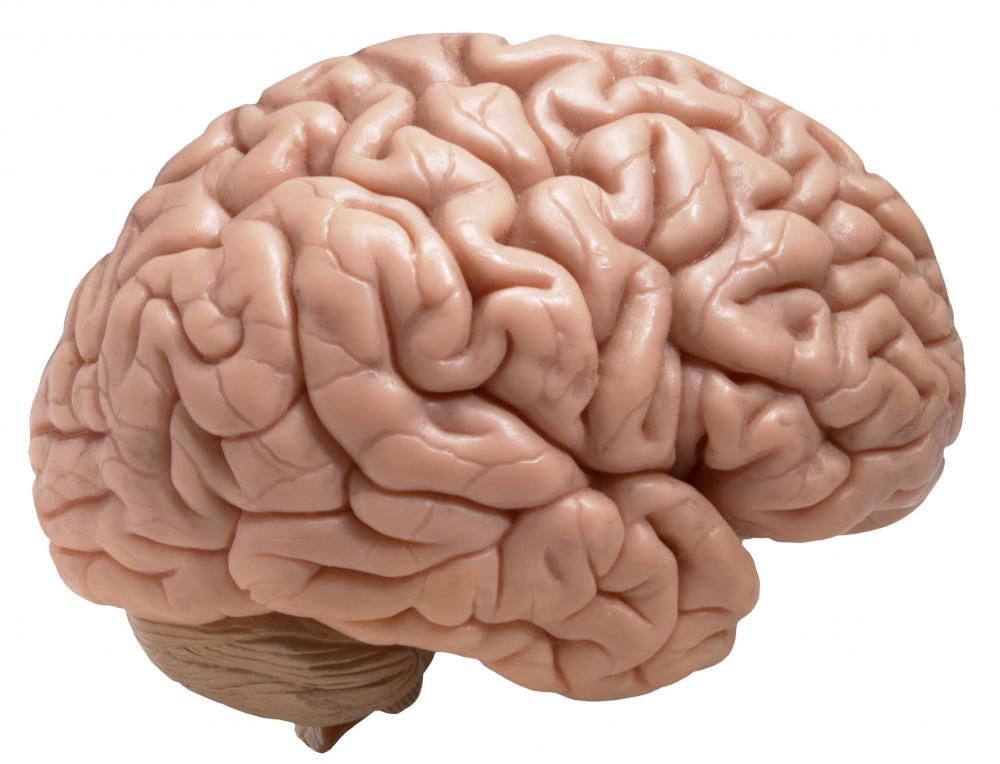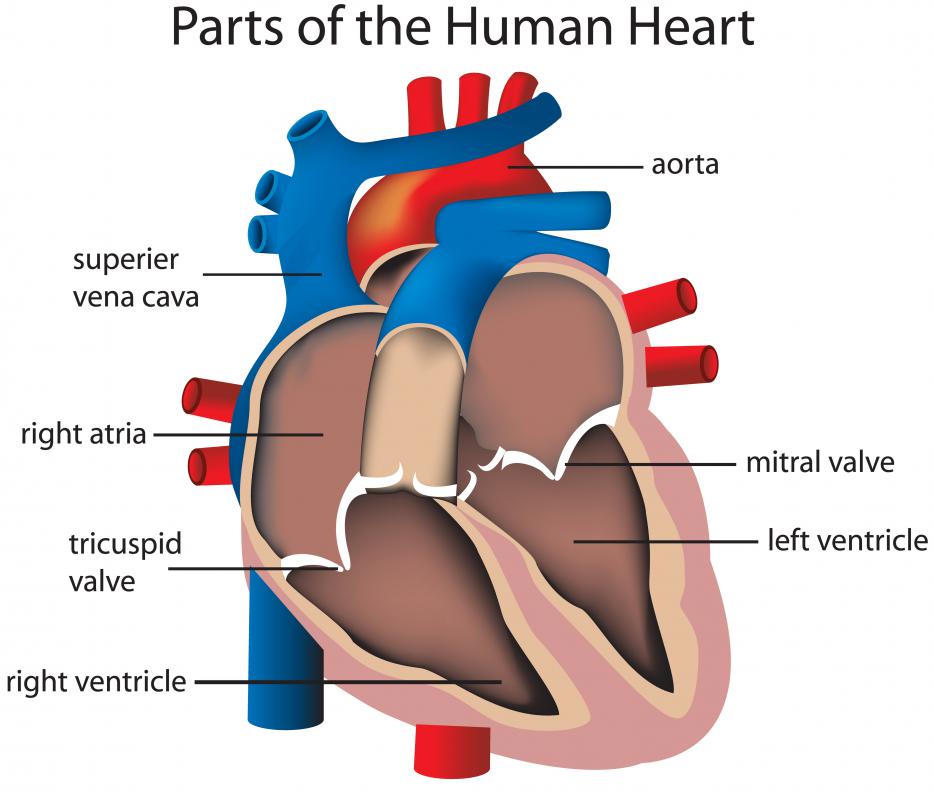At TheHealthBoard, we're committed to delivering accurate, trustworthy information. Our expert-authored content is rigorously fact-checked and sourced from credible authorities. Discover how we uphold the highest standards in providing you with reliable knowledge.
What Is Vascular Permeability?
Vascular permeability defines the ability of molecules to pass through blood vessels and reach tissue. A thin layer of cells that make up vessels, called the endothelium, regulates the size of molecules of gas, nutrients, and water that can permeate tissue. For example, permeability of oxygen and carbon dioxide molecules permit easy passage through the endothelium. Larger molecules, such as water and water-soluble substances, cannot permeate blood vessel walls. These molecules rely on minute pores within narrow joints of blood vessels to reach tissue.
Several factors determine molecular permeability, which involves complex interactions of chemicals in the human body. Scientists discovered a peptide identified as the vascular endothelial growth factor (VEGF) as the major determinant of vascular permeability. It acts via dopamine, a neurotransmitter in the brain, to block or allow molecules from adhering to blood-vessel walls.

VEGF is linked to cancer because it might stimulate cell receptors and increase vascular permeability of cancer cells into tissue and the bloodstream. Scientists believe inhibiting this peptide might prevent the spread of malignancy via the blood. It might also prevent fluid from building up around the heart, where dopamine also regulates permeability of fluid in arteries.

Animal studies using certain antibodies show some control of permeability in colon, brain, and breast cancer. These tests used dye and magnetic resonance imaging (MRI) to measure the number of cancerous cells that crossed the blood/brain barrier. Researchers have had some success in altering the movement of cancer cells through blood vessel walls.
Studies on vascular permeability also aided in the development of drugs able to cross the blood/brain barrier to treat disease. Scientists initially found disrupting this barrier opened the way for other toxins to enter the bloodstream. This led to the discovery of chemotherapy agents capable of selectively crossing the barrier only where a tumor exists.

Applying heat might increase vascular permeability at tumor sites. Hyperthermia enlarges the size of pores within blood vessels that feed tumors, which might allow heat-sensitive drugs to enter the malignancy. Along with cancer, increasing the vascular permeability of medication might be effective to treat diabetes, arthritis, and heart disease.
AS FEATURED ON:
AS FEATURED ON:














Discuss this Article
Post your comments